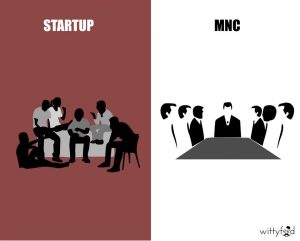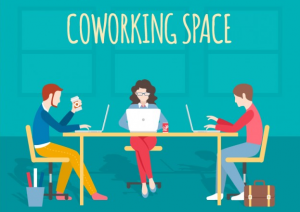
04 Aug 5 Main Reasons Why Most Of The Employees Are No Longer Happy At Startups
Working in startups can be exhilarating. The excitement of pioneering new products or services, the opportunity to shape a company’s culture from the ground up, and the potential for substantial financial rewards are all enticing aspects. However, alongside these prospects come considerable risks. For employees considering or currently engaged in startup environments, understanding these risks is crucial. They range from financial instability to heightened stress levels, burnout, and blurred work-life boundaries. This article seeks to unpack the potential pitfalls of working in a startup environment.
Burnout
Closely related to work-life imbalance is the risk of burnout. Startups, often characterized by their high-speed, high-stakes environment, can place enormous pressure on their employees. This, combined with long hours and high levels of stress, can lead to physical and emotional exhaustion, or burnout. In extreme cases, burnout can result in health complications, strained relationships, and decreased job performance.
See Also: 5 TRAITS OF THE SUCCESSFUL STARTUP CEOS
Limited Benefits and Perks
Startups, particularly those in their early stages, may not offer the same level of benefits as more established companies. This could include health insurance, retirement plans, paid time off, and maternity/paternity leaves. The absence or limitation of these benefits can put employees at a disadvantage compared to their counterparts in more established companies.
Financial Uncertainty
Startups, by nature, face a high degree of financial uncertainty. As many startups are not yet profitable, they typically rely heavily on external funding. The continual need for capital can lead to financial instability, which, in turn, can affect job security. Should a startup fail to secure necessary funding or reach profitability in a timely manner, employees could face delayed wages, cutbacks, or, in worst-case scenarios, layoffs.
Work-Life Imbalance
Many startups operate under a culture of “hustle,” often necessitating long working hours and weekend work. While this can foster a strong sense of commitment and camaraderie, it can also lead to work-life imbalance. Employees may struggle to find time for relaxation, personal relationships, and self-care, which can negatively impact mental health. It’s important to remember that even within demanding environments, maintaining a healthy work-life balance is vital for sustained productivity and wellbeing.
Lack of Structure and Defined Roles
In an established company, employees often have well-defined roles and responsibilities. However, in a startup, due to its fluid nature, employees may be required to wear multiple hats and perform tasks outside their job description or areas of expertise. While this can provide unique learning opportunities, it can also lead to confusion, decreased productivity, and increased stress levels.
Conclusion
Working in startups undoubtedly carries a unique set of challenges and risks. However, this is not to say that these challenges are insurmountable or that the rewards are not worthwhile. Understanding the risks can help employees make informed decisions and prepare for potential hurdles. Furthermore, startups themselves can mitigate these risks by fostering a supportive, balanced work culture, providing as many benefits as possible, and maintaining transparency about the company’s financial situation. Ultimately, the key is to balance the excitement and potential of startup work with mindful strategies to navigate its inherent uncertainties.
Related Post: 10 REASONS WHY NOT TO WORK IN A STARTUP IN INDIA TODAY




